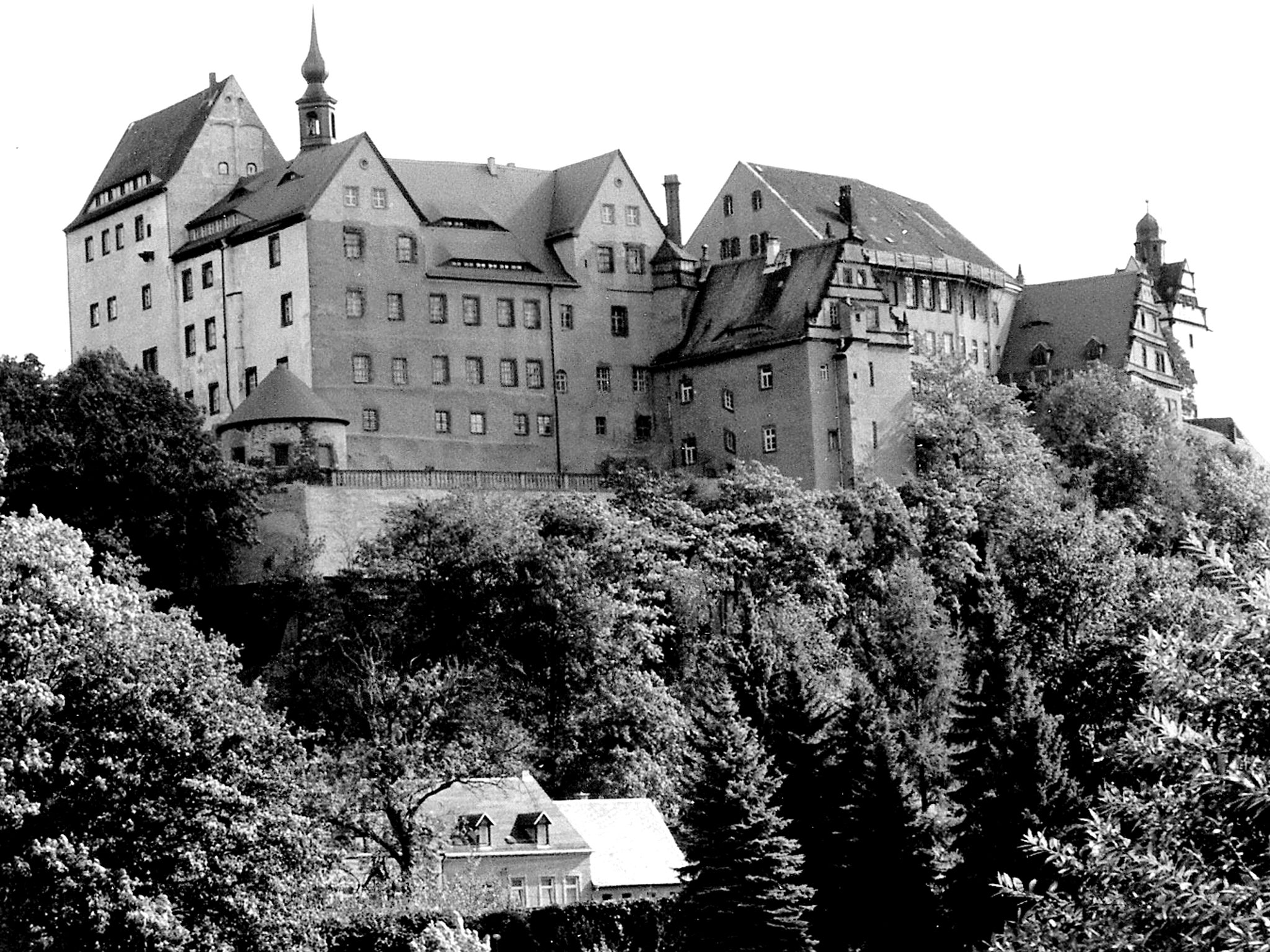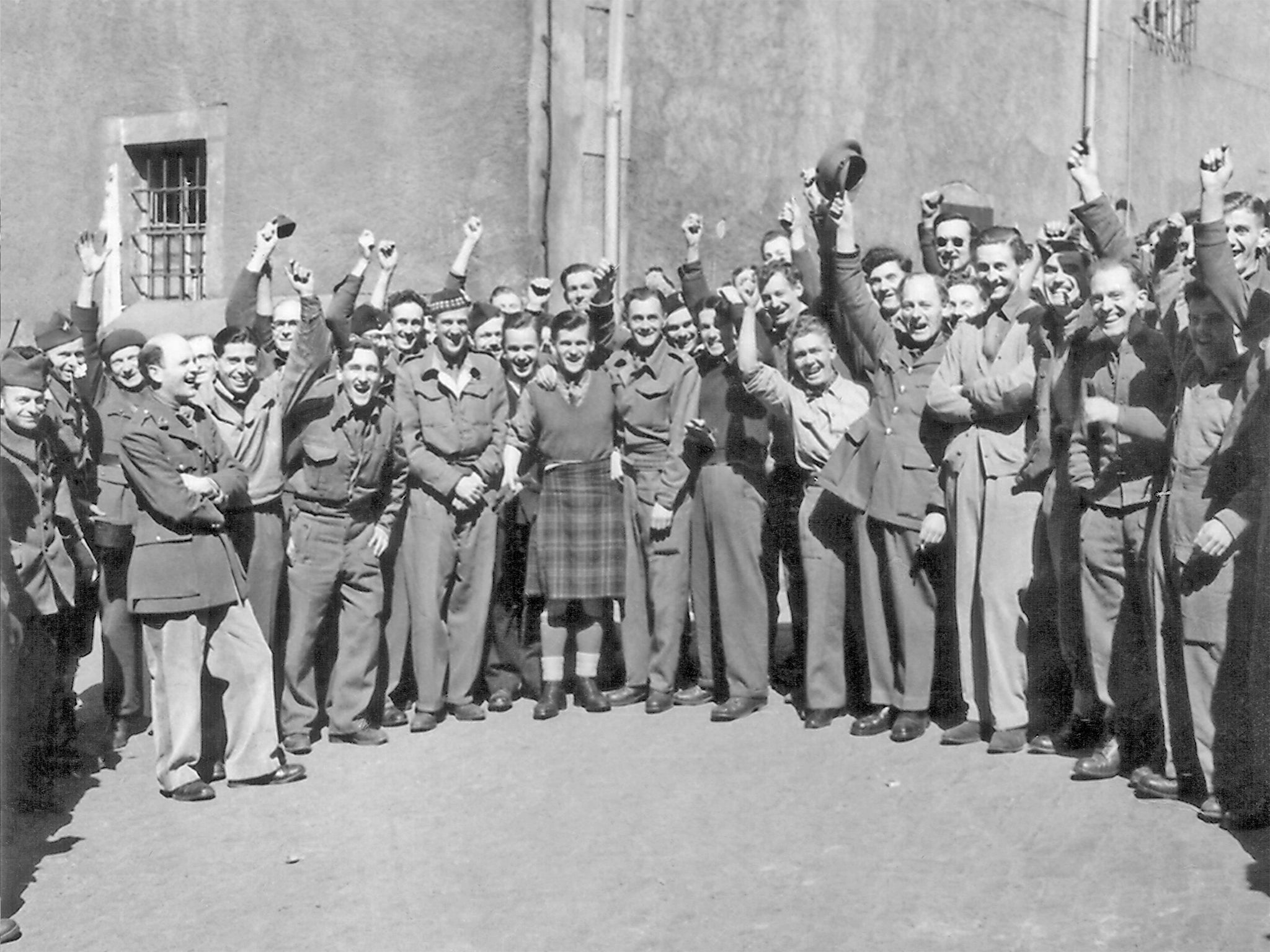Britain denied payout to war hero 'reduced to skeleton by Gestapo'
Jack Thorez Finken-McKay suffered partial blindness, memory loss and mental health issues due to his incarceration in Colditz

Your support helps us to tell the story
From reproductive rights to climate change to Big Tech, The Independent is on the ground when the story is developing. Whether it's investigating the financials of Elon Musk's pro-Trump PAC or producing our latest documentary, 'The A Word', which shines a light on the American women fighting for reproductive rights, we know how important it is to parse out the facts from the messaging.
At such a critical moment in US history, we need reporters on the ground. Your donation allows us to keep sending journalists to speak to both sides of the story.
The Independent is trusted by Americans across the entire political spectrum. And unlike many other quality news outlets, we choose not to lock Americans out of our reporting and analysis with paywalls. We believe quality journalism should be available to everyone, paid for by those who can afford it.
Your support makes all the difference.The British government denied compensation to a Second World War hero who spent two years in solitary confinement at a prisoner-of-war camp due to a technicality about where he was detained, official papers show.
Jack Thorez Finken-McKay, a British serviceman transferred from the Royal Fusiliers to the War Office to perform “special duties”, said he became “a living skeleton” at the hands of the Gestapo.
He had been arrested and interrogated in France before being sent to a POW camp in Germany.
He said he suffered partial blindness, memory loss and mental health issues as a result of his incarceration and treatment at the notorious Colditz Castle, according to newly released records.
Two decades after his release, the secret agent was among thousands applying for compensation from the British government after the Federal Republic of Germany agree to hand over £1m to be doled out to those who suffered at the hands of the Nazis.

But Mr Finken-McKay’s claim was dismissed by a Foreign Office official, who claimed that despite his ordeal, he was not eligible for money.
A note from the official, a Miss A Windham, addressed to Mr Finken-McKay in December 1965, states: “Your application has been carefully considered but I am sorry to have to tell you that, on the information provided, it cannot be registered.
“The reason for this is that the prisons and camps in which you were detained were not Nazi concentration camps or comparable institutions.”
The files are among dozens released by the National Archives at Kew, west London, where similar tales of bravery and brutality were told to Foreign Office representatives in the hope of receiving compensation.
Heroes of the Great Escape were among those remunerated, documents show, with payouts of £2,293 offered to the families of Flight Lieutenants Edgar Spottiswoode Humphreys, Gilbert William Waleen, John Francis Williams and Cyril Douglas Swain.
All these men fled the Stalag Luft III POW camp in 1944 but were recaptured and executed by the Gestapo.
Lauren Willmott, records specialist at the National Archives, said the British government faced an impossible task in assigning compensation owing to the strict rules on providing official documentation that proved time spent in a concentration camp.
She said: “It was tricky – it was 20 years after the event.
“A lot of people held in the camps had died in the camps or died in the years since the compensation scheme came into effect.
“The files show that some people did miss out, but what’s important is remembering they only had that £1m to distribute so it was a sort-of impossible task for the Foreign Office as well on a case-by-case basis.
“If they didn’t meet that criteria, they had to decide, ‘If we reject this person, we have to reject others as well’.
“It was a bureaucratic process. There was no way around having eligibility criteria when there were so many victims.”
It was only after a Parliamentary inquiry was held in 1968 following a public outcry that it was decided survivors from POW camps such as the infamous Sachsenhausen should be compensated from a separate pot of money.
Join our commenting forum
Join thought-provoking conversations, follow other Independent readers and see their replies
Comments